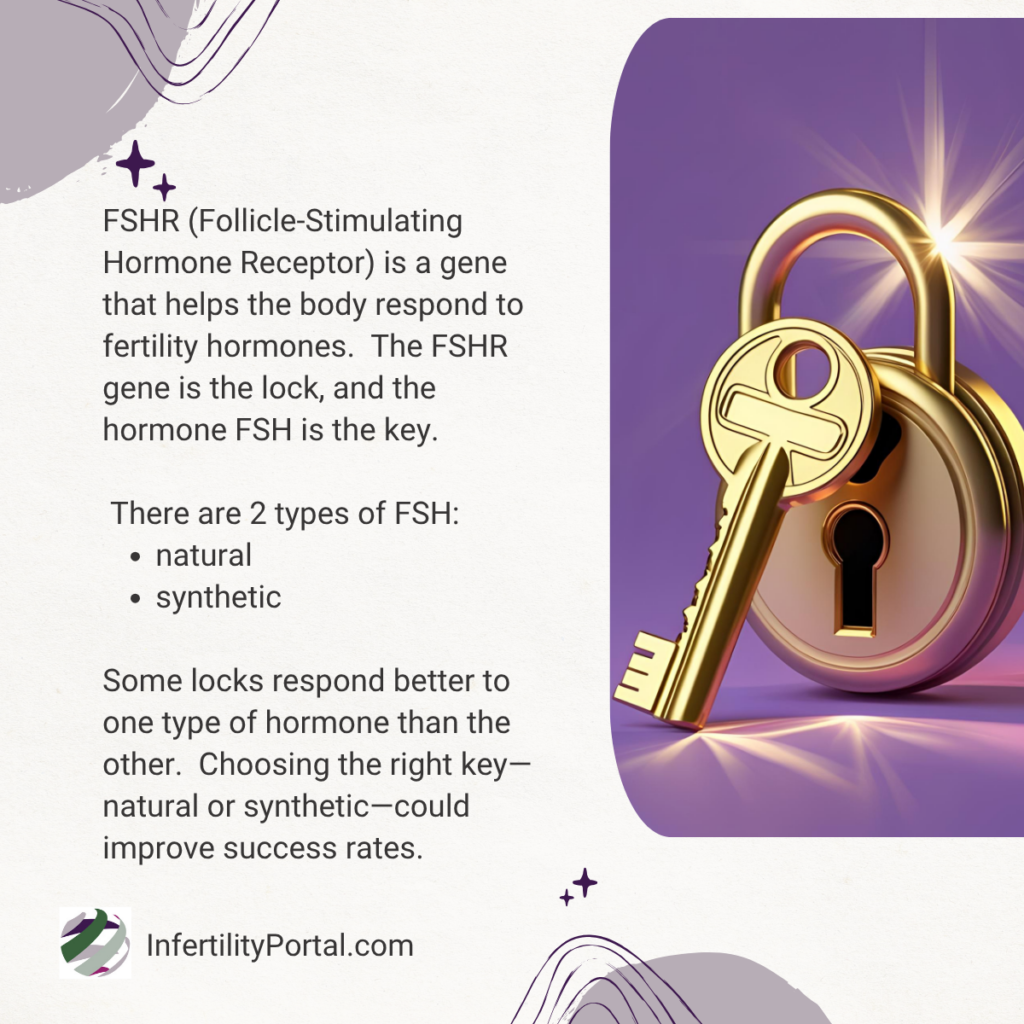Personalized Fertility Treatment: How Genetics May Improve Success Rates
Fertility treatment can be an emotionally, physically, and financially demanding journey. New research, however, is providing hope through more personalized approaches based on genetic profiles.
One such development involves a specific gene known as the follicle-stimulating hormone receptor (FSHR) gene. This gene plays an important role in determining how well a person responds to hormone therapy used in fertility care.
Understanding Follicle-Stimulating Hormone and Its Receptor
During assisted reproduction, patients are often prescribed hormone medications to stimulate the ovaries to produce multiple eggs. The hormone used for this purpose is called follicle-stimulating hormone (FSH).
There are two primary types of follicle-stimulating hormone used in fertility care:
-
Laboratory-produced follicle-stimulating hormone: This is a synthetic version created through biotechnological methods.
-
Urine-derived follicle-stimulating hormone: This version is extracted and purified from the urine of postmenopausal individuals.
The effectiveness of these hormone treatments can vary based on a person’s genetic makeup. The follicle-stimulating hormone receptor gene determines how the body “receives” or responds to the hormone. Some genetic variants respond better to the laboratory-produced hormone, while others benefit more from the urine-derived version.
Study Findings and Clinical Implications
A study published in 2025 showed that individuals who received hormone treatments matched to their specific genetic profile had significantly better outcomes:
-
Forty percent experienced a live birth following their first fertility treatment cycle, compared to twenty-nine percent among those whose treatment was not matched to their genetic profile.
-
Participants also experienced fewer pregnancy losses and a lower risk of ovarian overstimulation, a potentially serious side effect of hormone therapy.
These findings suggest that genetic screening before treatment may lead to more effective care and improved success rates.
Looking Ahead
The study highlights the importance of individualized care in the field of reproductive medicine. Matching treatment to a person’s genetic profile could lead to better outcomes, reduced complications, and a more efficient path to parenthood.
For those interested in further reading, the full study is available in Frontiers in Endocrinology (2025):
Title: FSHR Genotype and Fertility Treatment Outcomes
DOI: 10.3389/fendo.2025.1576090


